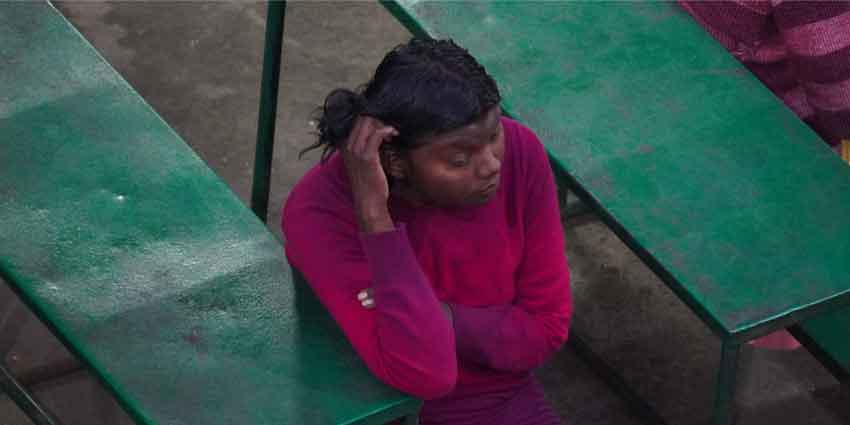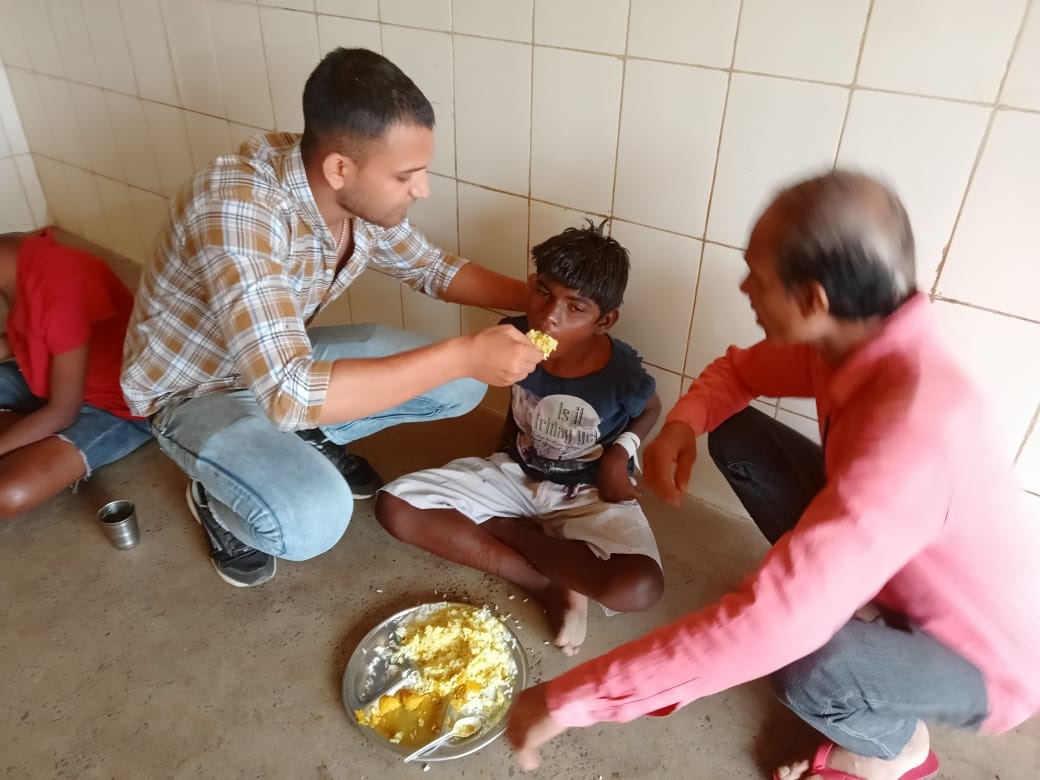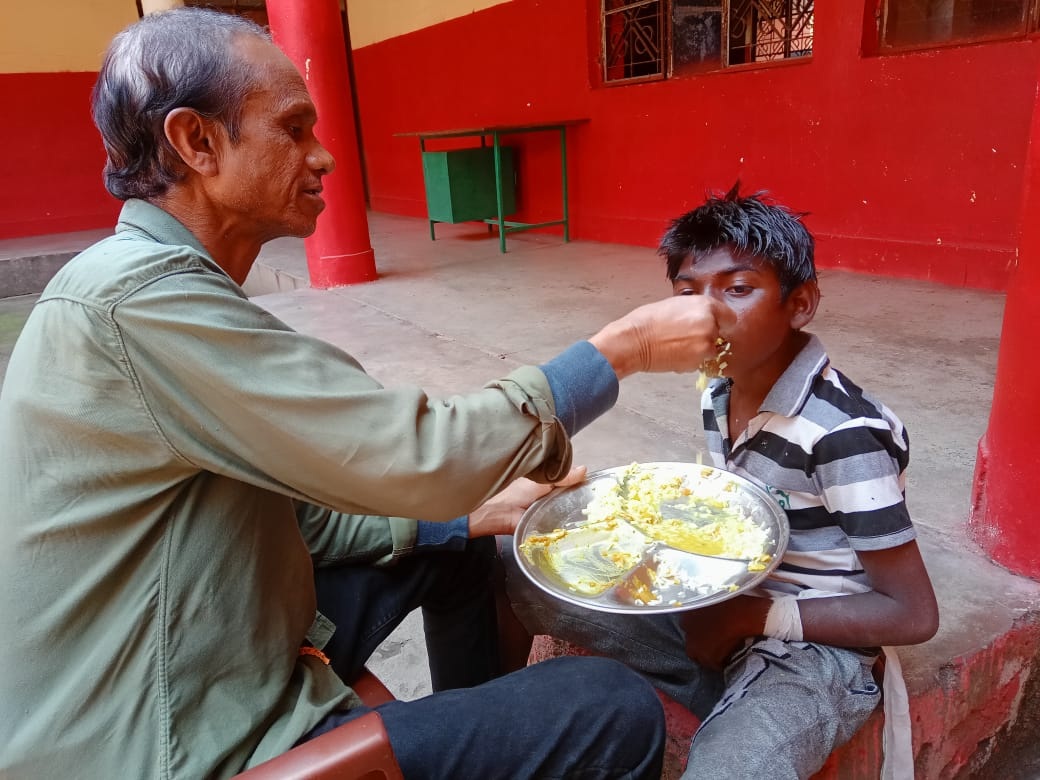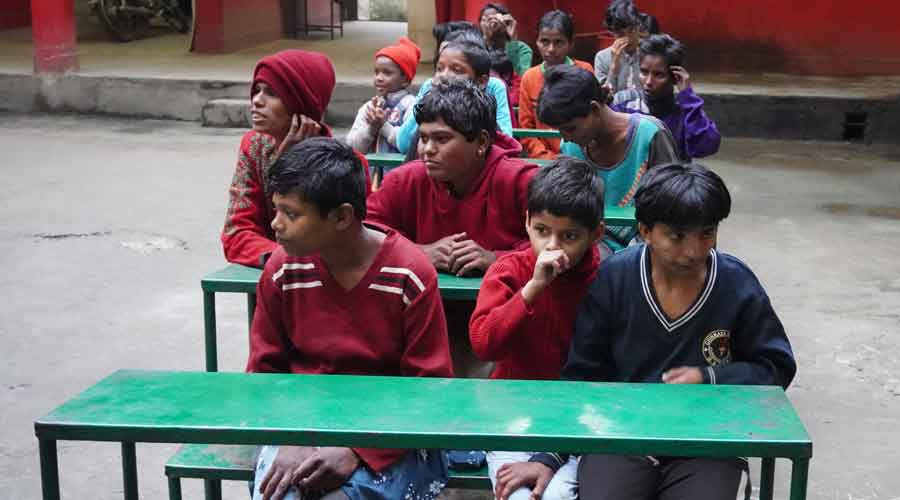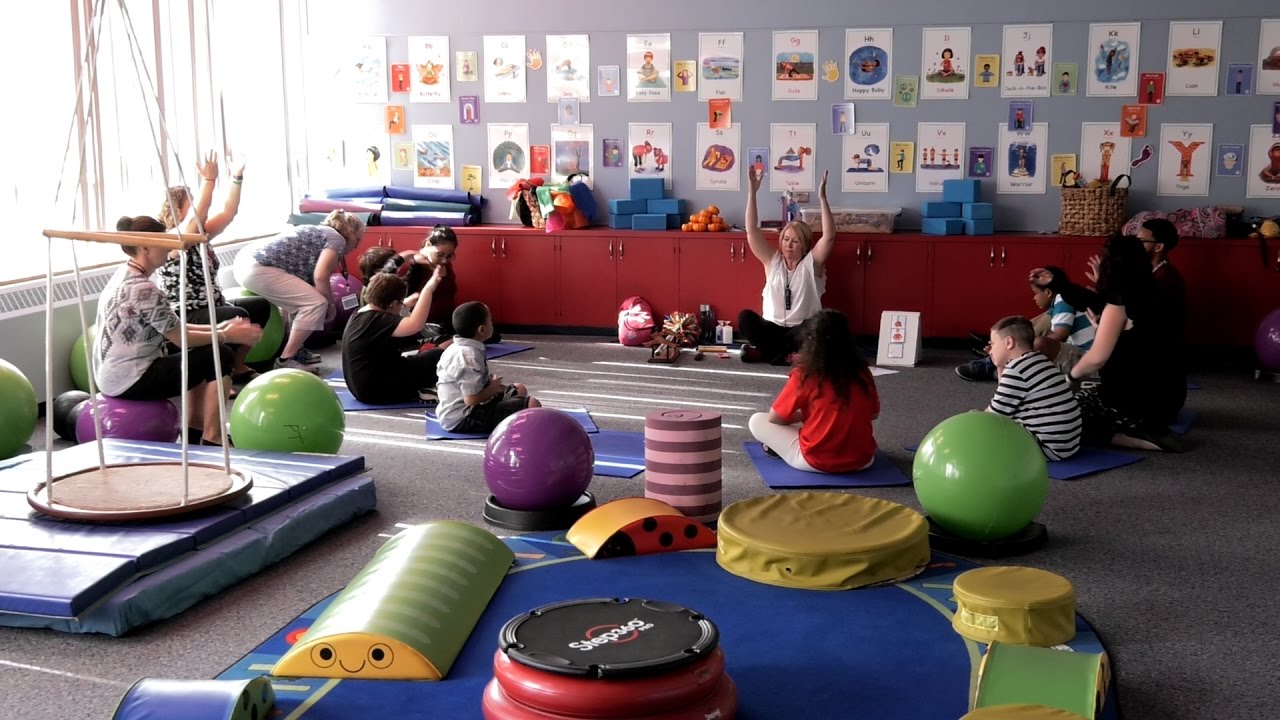Regular medical check-ups are crucial for children with mental challenges to monitor their overall health, identify any potential medical issues, and ensure they receive appropriate care. Here are some considerations for medical check-ups for mentally challenged children:
- Frequency of Check-Ups:
- Follow the recommended schedule for well-child check-ups, and discuss with the child’s healthcare provider about any additional or more frequent visits that may be necessary.
- Comprehensive Assessment:
- Ensure that the medical check-up includes a comprehensive assessment of the child’s physical health, developmental progress, and any specific concerns related to their mental challenges.
- Developmental Milestones:
- Monitor the child’s developmental milestones to identify any delays or regressions. Early intervention is crucial for addressing developmental concerns.
- Vision and Hearing Screening:
- Regularly assess vision and hearing to identify and address any sensory impairments that may impact the child’s overall well-being and development.
- Dental Check-Ups:
- Schedule regular dental check-ups to maintain oral health. Some children with mental challenges may require additional support during dental visits, so communicate with the dentist about any specific needs.
- Immunizations:
- Ensure that the child’s immunizations are up-to-date according to the recommended schedule. Children with mental challenges are just as susceptible to preventable diseases as their peers.
- Medication Review:
- If the child is on any medications, discuss their effectiveness and potential side effects with the healthcare provider. Adjustments to the medication regimen may be necessary based on the child’s growth and changing needs.
- Behavioral and Emotional Assessment:
- Discuss any behavioral or emotional concerns with the healthcare provider. They may refer the child to a mental health professional for further assessment and support.
- Nutritional Assessment:
- Ensure that the child’s nutritional needs are met. Discuss any dietary concerns or restrictions with the healthcare provider, and consider consulting with a nutritionist if necessary.
- Coordination with Specialists:
- If the child is receiving care from specialists such as neurologists, psychologists, or therapists, coordinate with these professionals to ensure a holistic approach to the child’s health and well-being.
- Communication with Healthcare Providers:
- Maintain open communication with the child’s healthcare providers. Share any changes in behavior, physical health, or developmental progress, as these details can inform adjustments to the child’s care plan.
- Advocacy for the Child:
- Advocate for the child’s healthcare needs, ensuring that medical professionals are aware of the child’s mental challenges and any specific considerations that need to be taken into account during examinations and treatments.
Remember that collaboration between healthcare providers, specialists, and the child’s caregivers is essential for providing comprehensive and individualized care for a mentally challenged child. Regular check-ups contribute to early detection and intervention, promoting the child’s overall health and well-being.



